Mosul celebrates first Eid without Islamic State in years
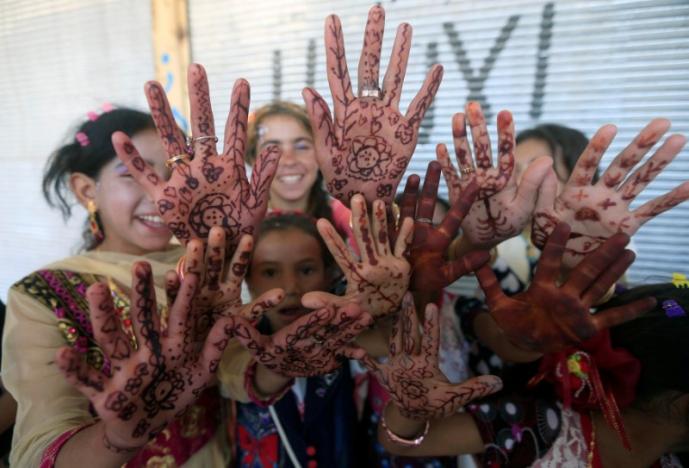
Displaced Iraqi girls who fled their homes pose as they celebrate Eid al-Fitr, in Mosul, Iraq June 25, 2017. REUTERS/Alaa Al-Marjani
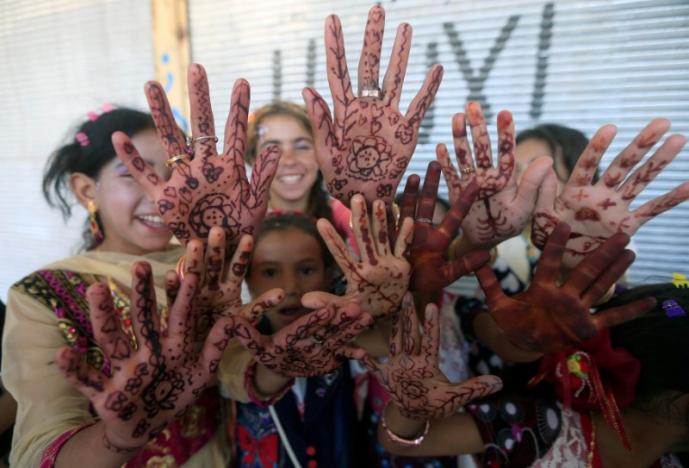
(Reuters) People in the Iraqi city of Mosul celebrated their first Muslim Eid holiday without Islamic State in years on Sunday after the militants were ejected from much of the city, and hoped the battle to recapture the remaining area would soon be over.
Children gathered in squares on the eastern side of the city. Some played on old swings and others with toy guns and rifles, which were among the toys allowed by Islamic State militants after they took over the city in June 2014.
The militants implemented an extreme version of Islam which associated toys with a face, like dolls, with idolatry. They encouraged youngsters to train on weapons and changed text books to reflect their military ideology. Children were asked to add up bombs or bullets in math exercises.
Eid prayers were allowed under Islamic State but festivities were not.
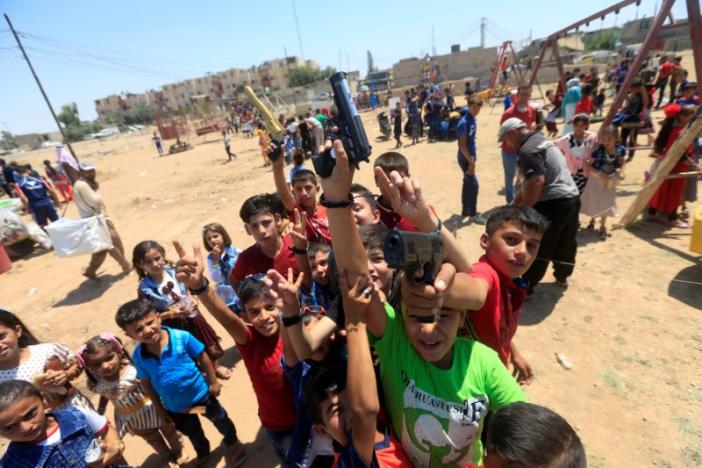
But for many, Sunday’s Eid celebrations were overshadowed by the destruction of their historic leaning minaret, blown up by the militants on Wednesday, and fears for thousands of civilians trapped in the Old City in western Mosul still under Islamic State control.
“It won’t be real Eid before we return home,” said a man in his sixties, displaced from the western side of the city, across the Tigris river, where fighting continues.
Some expressed sadness over the destruction of the 850-year-old Grand al-Nuri mosque and its leaning 150-foot (45-metre) minaret.
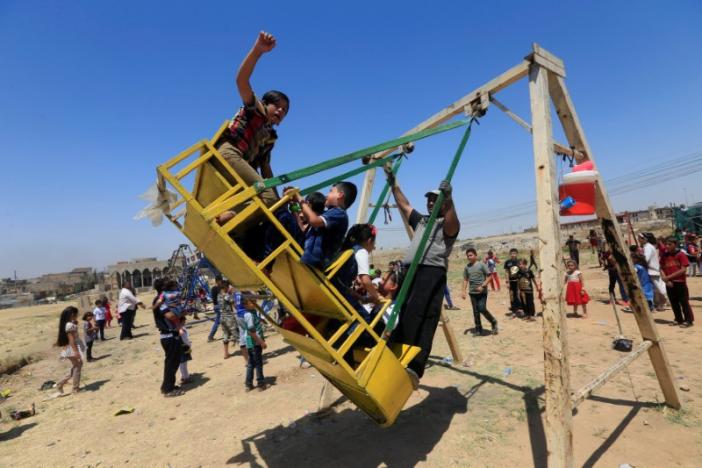
“Eid is not the same,” said a man who declined to give his name as fear is still present even though Iraqi forces dislodged the insurgents from the eastern part of the city months ago.
Iraqi forces took the eastern side from Islamic State in January, after 100 days of fighting, and started attacking the western side in February. The militants are now besieged in Mosul’s Old City.
“As our heroic forces are closer to declaring final victory over the Daesh (Islamic State) gangs, I offer my most sincere congratulations for Eid al-Fitr,” Prime Minister Haider al-Abadi said in a statement.
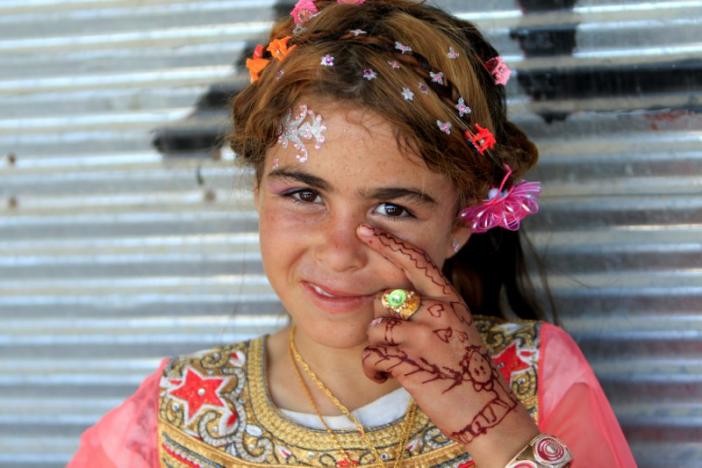
A U.S.-led international coalition is providing air and ground support in the 8-month-old offensive to drive the militants from their de facto capital in Iraq.
About 350 Islamic State fighters, most of them non-Iraqis, are defending their remaining stronghold in Mosul’s densely populated Old City, an Iraqi general said on Sunday. He expected the battle for the city to end in days.
TRAPPED
“Most of the dead bodies are foreigners, most of the fighters are foreigners, we see some trying to escape across the Tigris,” said Major-General Sami al-Arithi, a Counter Terrorism Service (CTS) commander.
The U.S.-trained urban warfare units are leading the fight in the narrow alleyways of the historic district which lies by the western bank of the Tigris.
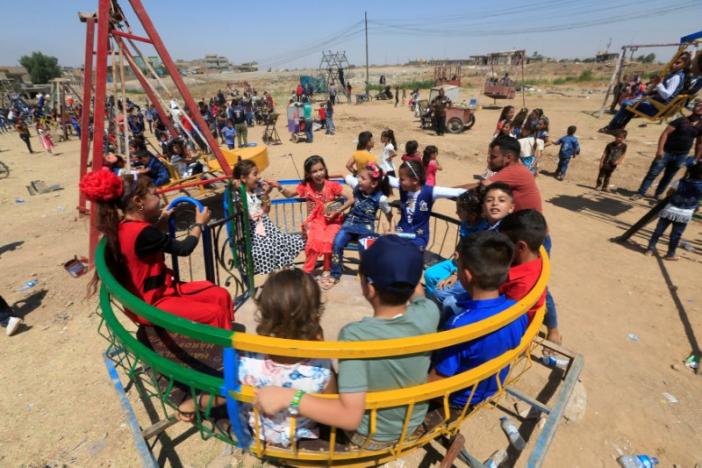
More than 50,000 civilians, about half the Old City’s population, remain behind Islamic State lines, complicating the troops’ advance, Arithi told state TV.
The civilians are trapped in crumbling old houses in harrowing conditions, with little food, water or medicines, according to those who have escaped.
Aid organizations say Islamic State has stopped many from leaving, using them as human shields. Hundreds of civilians fleeing the Old City have been killed in the past three weeks.
Iraqi authorities were hoping to declare victory in the northern city by Eid, a three-day festival which started on Sunday for Mosul’s Sunni Muslim population and many Iraqi Shi’ites, celebrating the end of the fasting month of Ramadan.
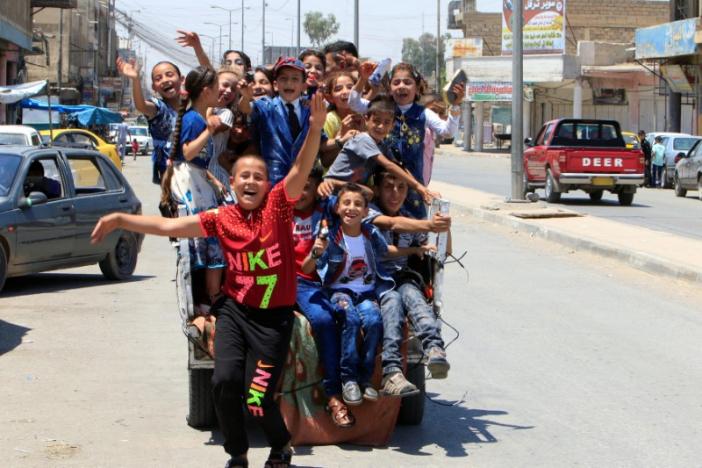
Arithi said the CTS were about 25 meters (yards) from the Nuri mosque, from where Islamic State’s leader Abu Bakr al-Baghdadi proclaimed his “caliphate” over parts of Iraq and Syria three years ago.
The Iraqi government once hoped to take Mosul by the end of 2016, but the fighting has dragged on as the militants reinforced positions in civilian areas, launched suicide car bomb attacks, laid traps and kept up sniper and mortar fire.
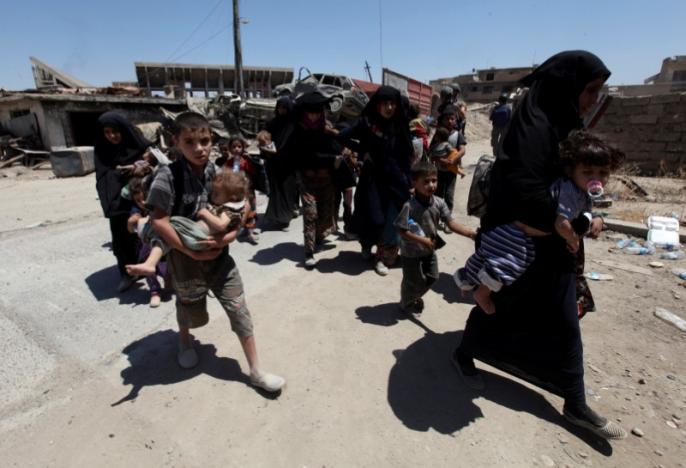
The fall of Mosul would mark the end of the Iraqi half of the “caliphate”. Islamic State remains in control of large areas of both Iraq and Syria.
Baghdadi has left the fighting in Mosul to local commanders and has been assumed to be hiding in the Iraqi-Syrian border area. There has been no confirmation of Russian reports over the past week that he has been killed.
In Syria, the insurgents’ “capital”, Raqqa, is nearly encircled by a U.S.-backed, Kurdish-led coalition.
